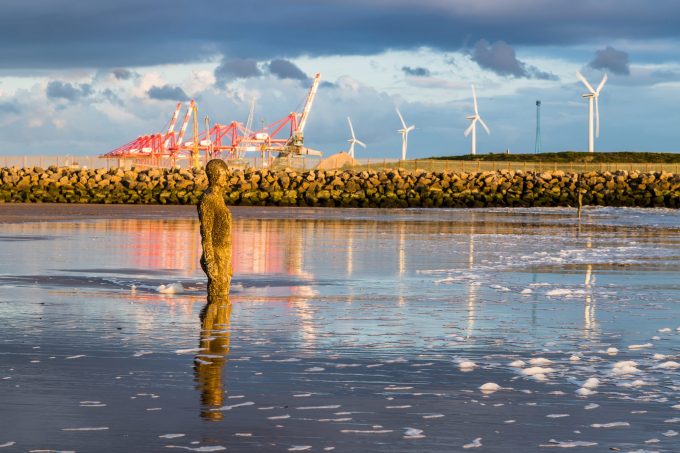Teamsters union vows UPS will be 'in for a hell of a fight' over jobs cull
“UPS will be in for a hell of a fight” said the Teamsters Union yesterday, ...

Following a “sustained and significant deterioration” in container volumes, Port of Liverpool owner Peel Ports today announced that it has opened redundancy consultations with staff at its box terminals, warning that up to 125 jobs could go.
Following discussions with Unite the Union officials today, the ...
Keep our news independent, by supporting The Loadstar
Rapid transpacific capacity build-up continues – can USWC ports handle it?
Red Sea crisis has driven most new capacity into extended Asia-Europe trades
Crew forced to abandon ship in latest fire on vessel carrying EVs
Carriers on the hunt for open tonnage again as transpacific rates soar
The Loadstar Podcast | Transport Logistic and Air Cargo Europe 2025
'Now or never' for Kuehne and DHL GF to hit back at DSV
Uncertainty drives Yang Ming fleet boost as focus switches to Asia-Europe trades
Carrier price hikes hold, driving spot rates higher as space gets scarcer
Asia-West Africa ULCV deployment opens new markets for carriers
Project cargo: oversized and heavy, posing risks outside the norm for ports
CMA CGM eyeing multi-billion euro investment programme in Algeria
News in Brief Podcast | Week 22 | Trump’s tariff hurdle, ocean schedule reliability, and rate rise
Air cargo players still wary of long-term block space deals – 'a risk on both sides'
Geely splashes out to meet growing demand by chartering its own car-carrier
Longer-term planning needed as noise out of Washington distorts the market

Comment on this article